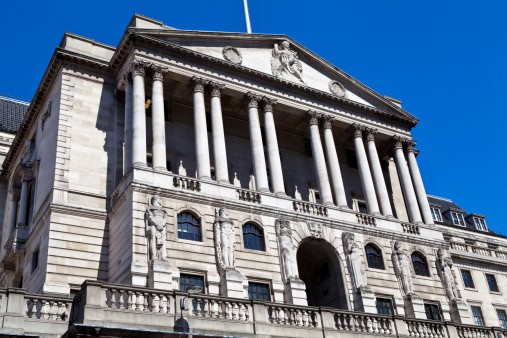The UK’s main interest is being held 0.25% after the Bank of England voted unanimously to keep interest rates unchanged and maintain quantitative easing at its December meeting which ended on Wednesday.
The BoE will continue to buy and hold £435 billion of British government bonds and £10 billion of corporate debt.

Policymakers at the central bank said they saw no reason to change policy given that little had changed since the MPC’s forecasts for the economy were published in November’s inflation report.
“A slowdown in growth remained likely, but there had been little news since the time of the November inflation report about domestic activity and, although the near-term global outlook had improved, this was counterbalanced by more elevated risks,” the minutes said.
Officials at the central bank pointed to the more-than 6 percent appreciation of the pound sterling since its forecasts in November.
“Since the Committee’s previous meeting, sterling’s trade-weighted exchange rate has appreciated by over 6%, while dollar oil prices have risen by 14%. All else equal, this would result in a slightly lower path for inflation than envisaged in the November inflation report, though it is still likely to overshoot the target later in 2017 and through 2018,” the minutes said.
Former Monetary Policy Committee member Andrew Sentance was quoted by the BBC as saying: “The Committee is planning to look through the rise in inflation expected next year and remains concerned about the prospect of slower growth following the Brexit referendum result”.
The decision not to change rates sent the pound lower, dropping to below $1.25.
The rates set by central banks determine how other banks across the country set their interest rates.
